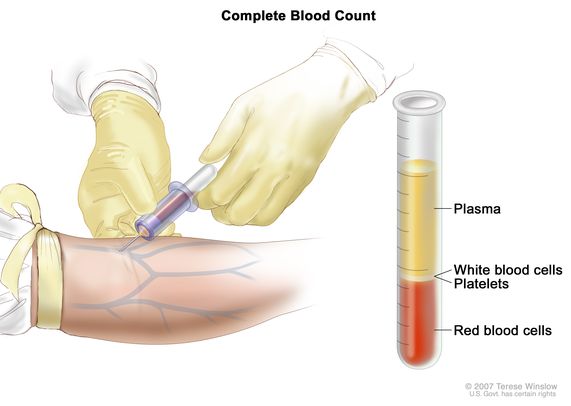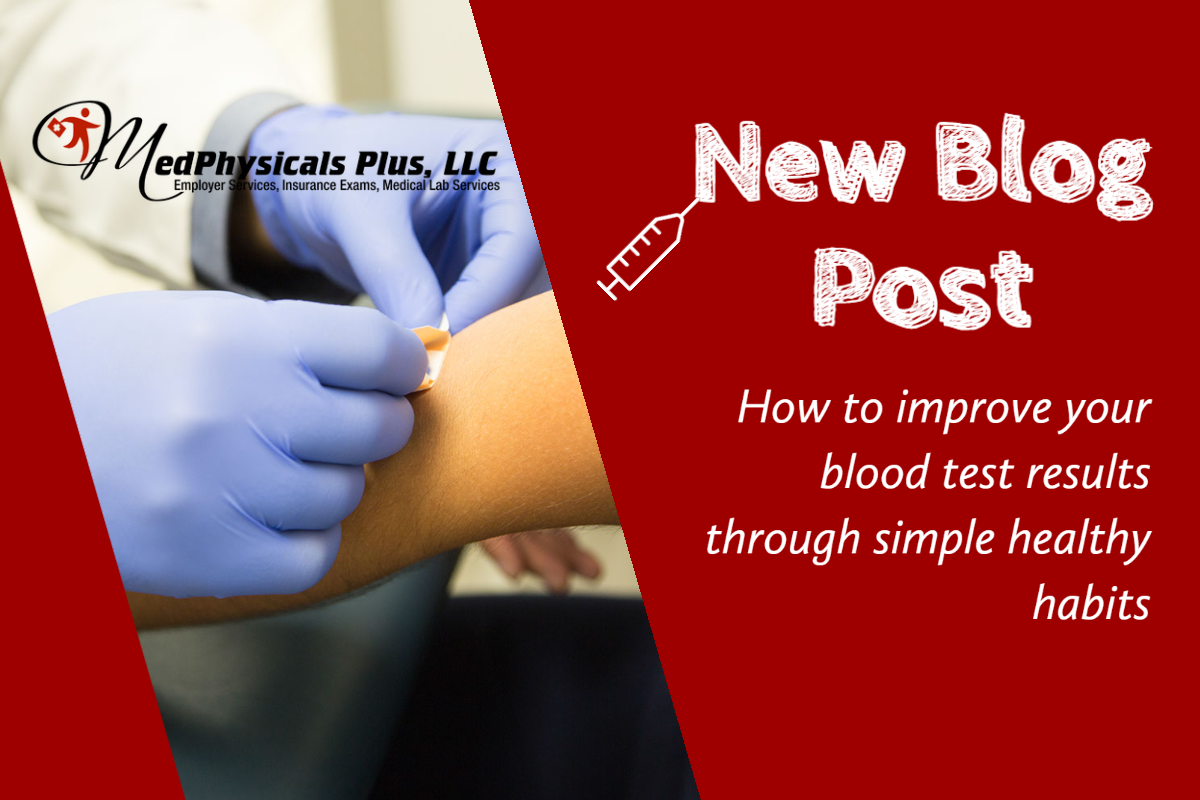Did you know your blood can tell you a lot about yourself? You may be surprised what a blood test can reveal about you, your body, and even may help you understand the underlying causes of your mental health.
A blood test is used to check on the functioning of certain organs (such as the liver, kidneys, thyroid, and heart), detect infections, and certain genetic disorders, as well as to assess an individual’s general health and well-being.
Blood test result components:
A common health and wellness panel for blood testing is typically composed of three main tests: a complete blood count, a metabolic panel, and a lipid panel. Although these are common tests, there are many other blood tests that can tell you more about your general health.
The complete blood count (CBC) concentrates on the three types of blood cells: white blood cells (WBCs), red blood cells (RBCs), and platelets. By measuring the volume of blood cells, the CBC allows a doctor to evaluate an individual’s overall health as well as check for underlying conditions such as leukemia and anemia.

Source: National Cancer Society
The comprehensive metabolic panel test, also known as a “chemistry panel,” measures the body’s glucose levels, fluid and electrolyte balance, as well as liver and kidney function.
The lipid panel consists of various tests used to measure the different types of triglycerides (fats) and cholesterol in the blood.
Blood testing can be a powerful tool to improve your mental and physical performance, reduce your future risk of chronic disease, and increase your longevity. It is well known that blood tests are used to diagnose disease, but blood work is most powerful when used to monitor your health in a more proactive way.
Regular blood work is the closest thing we have to x-ray vision to see inside the body. Understanding your blood biomarkers (the molecular signs of health) will help you make more informed decisions about your diet, lifestyle, fitness, and supplement choices. Remember, in the month of February, we are offering the Health and Wellness Screening for only 85 dollars. This comprehensive blood test will help you get a better sense of where you are and how to proactively protect your body.
Healthy Eating
The World Health Organization recommends we eat five servings of fruits and vegetables per day. Eating fruits and vegetables can help lower your risk of a heart attack or stroke. The benefit comes from the many vitamins, minerals, and other naturally occurring compounds in plants. Eating vegetables goes beyond a salad. Try to put them in your smoothies, omelets, dinner, and so on.
Physical Activity
Walking for just 10 minutes a day is one of the easiest and most effective ways to exercise. It can help lower the risk of high blood pressure, heart disease, stroke, and diabetes. It can also strengthen bones and muscles, burn calories, and lift your mood.
Boost your fluids
Healthy older adults should be consuming 30 to 50 ounces of fluids per day (about 3 to 6 cups) to stay hydrated and keep every system in the body functioning properly. Water-rich foods such as soups, fruits, and vegetables count.
Improve sleep hygiene
Your sleep environment and the activities leading up to sleep may be keeping you from getting a good night’s sleep. Fix that by making improvements to your sleep hygiene for a week. Resolve to keep a regular sleep-and-wake schedule, which can improve your circadian rhythms.
MedPhysicals offers a variety of blood tests to help you check how your healthy habits are changing your body. Contact us today to learn more about blood tests such as the all inclusive health and wellness screening, or the lipid panel (only $60!)
REFERENCES:
https://ada.com/blood-test-results/
https://dralexisshields.com/blood-testing-basics
https://medlineplus.gov/lab-tests/how-to-understand-your-lab-results/
https://www.mayoclinic.org/tests-procedures/complete-blood-count/about/pac-20384919
https://www.niddk.nih.gov/health-information/diet-nutrition/changing-habits-better-health

